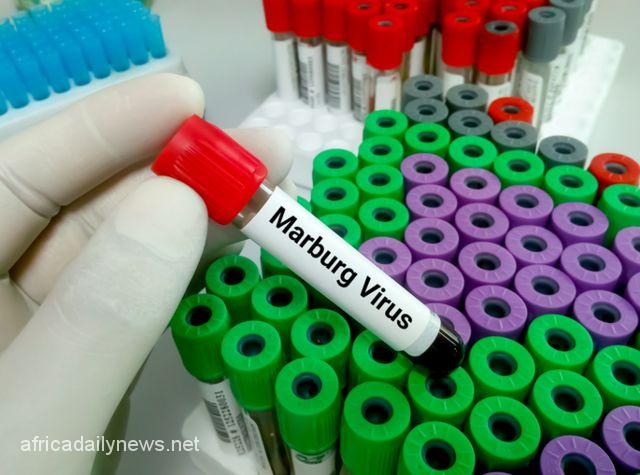Nigeria Centre for Disease Control and Prevention (NCDC) has revealed that it has raised its surveillance bar following a second incident of Marburg Virus Disease (MVD) which was detected in Ghana.
It explained that MVD is another example of a zoonosis such as Lassa Fever and it causes a rare, highly infectious disease and severe haemorrhage fever in humans and non-human primates just like the Ebola virus, and currently has no treatment or vaccines.
NCDC confirmed that it spreads in humans through direct contact with the bodily fluids of infected person, contaminated materials and surfaces, and it can access the body through broken skin or mucous membranes in the eyes, nose or mouth.
The Director General, Ifedayo Adetifa, in a statement, yesterday, said: ‘Currently, no case of MVD has been reported in Nigeria. But we have the capacity to test for the virus presently at the National Reference Laboratory in Abuja and the University of Lagos Teaching Hospital laboratory Centre for Human and Zoonotic Virology.
Read Also: Anxiety As Ghana Records First Cases Of Deadly Marburg Virus
‘Measures have been put in place to prevent an outbreak of the disease in-country. Point of entry surveillance has been heightened, trained rapid response teams are on standby to be deployed in the event of an outbreak and the NCDC’s Incident Coordination Centre (ICC) is in alert mode.’
The NCDC boss added that diagnostic capacity for the MVD can be scaled up to other laboratories if required, and Nigeria has the resources, human, technical and laboratory, for prompt identification and management in the event of a single imported case.
He, however, confirmed that Ghanaian public health officials have assured they are responding to the disease with the support from the World Health Organisation (WHO) to halt its spread, given the proximity of Ghana to Nigeria.
He said the NCDC-led multi-sectoral National Emerging Viral Haemorrhage Diseases Working Group (EVHDWG) that coordinates preparedness efforts for MVD, and other emerging viral haemorrhage diseases has also conducted a rapid risk assessment to guide in-country preparedness activities.
‘Nevertheless, available data indicates that overall risk of both importation of the disease and its potential impact on the Nigerian population is moderate as assessed by NCDC experts and partners given the following; the proximity (same region), high traffic from Ghana and its neighbours, the incubation period of 21 days of the virus, heightened surveillance at point of entry, response capacity and the fact that persons with MVD transmit the virus when they become symptomatic unlike for SARS-CoV-2 that causes COVID-19 that can also be transmitted by infected persons without symptoms,’ he said.
Adetifa confirmed that NCDC is amplifying risk communication efforts, and will continue to work with states and partners to strengthen preparedness activities which include review of risk communication protocols, plans and messages in the event of an outbreak.










